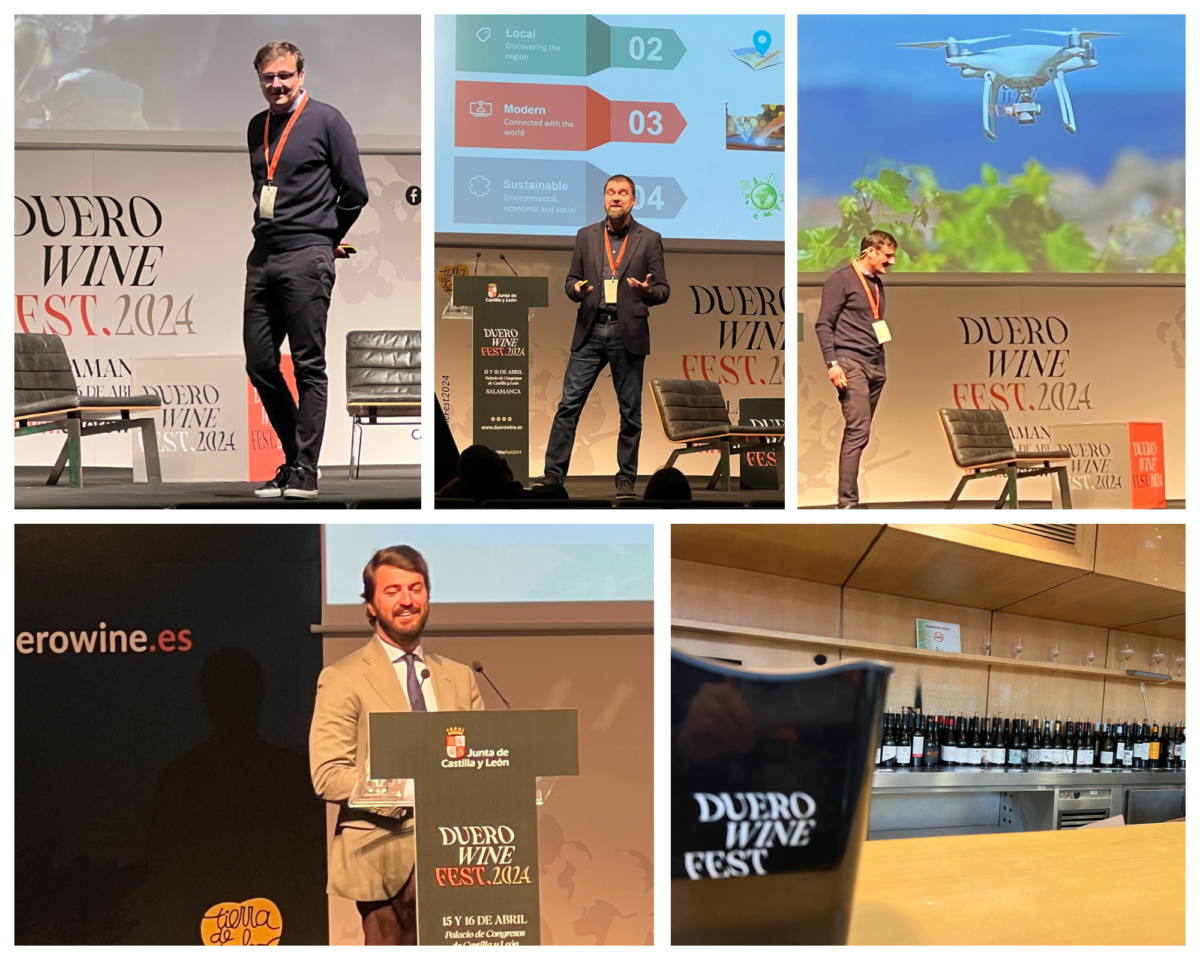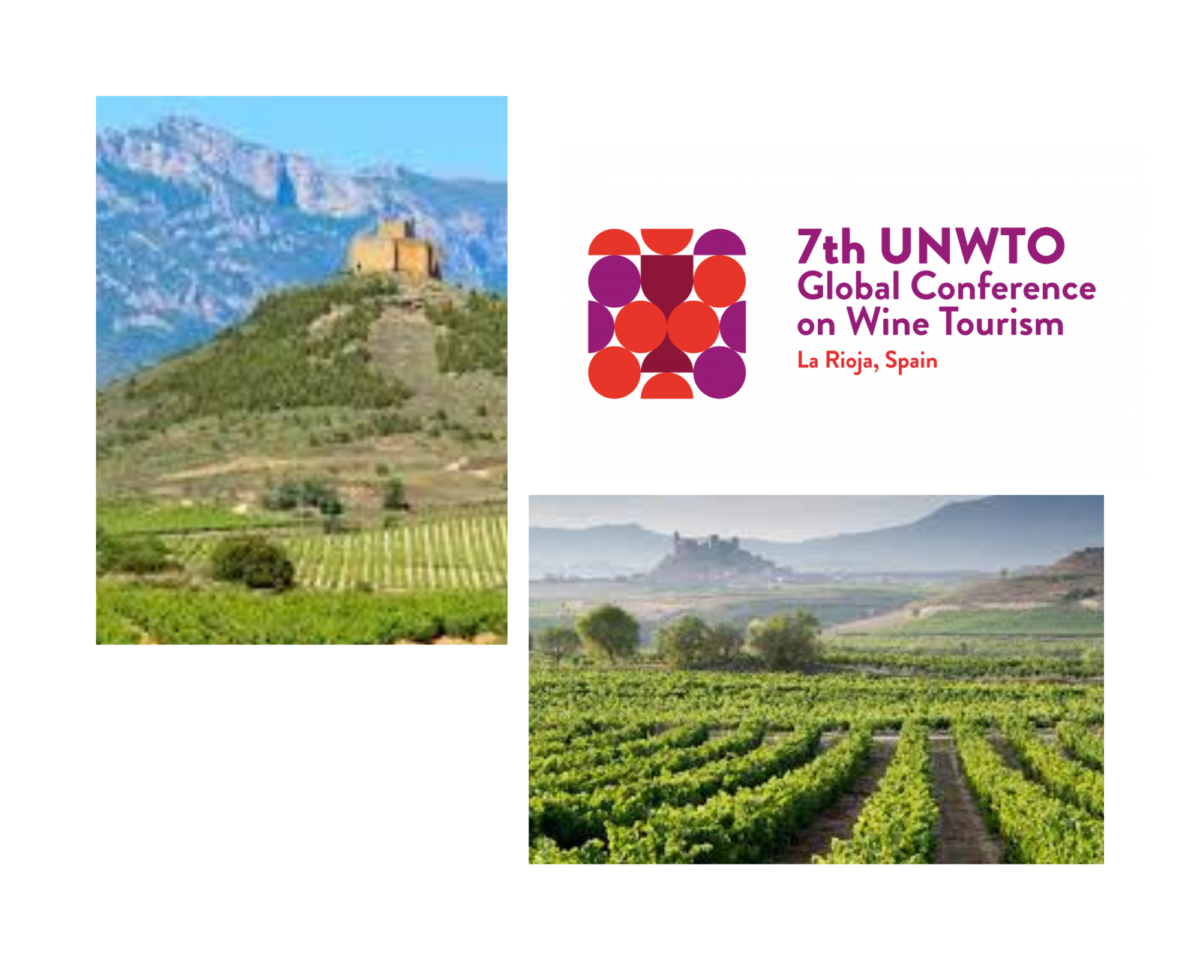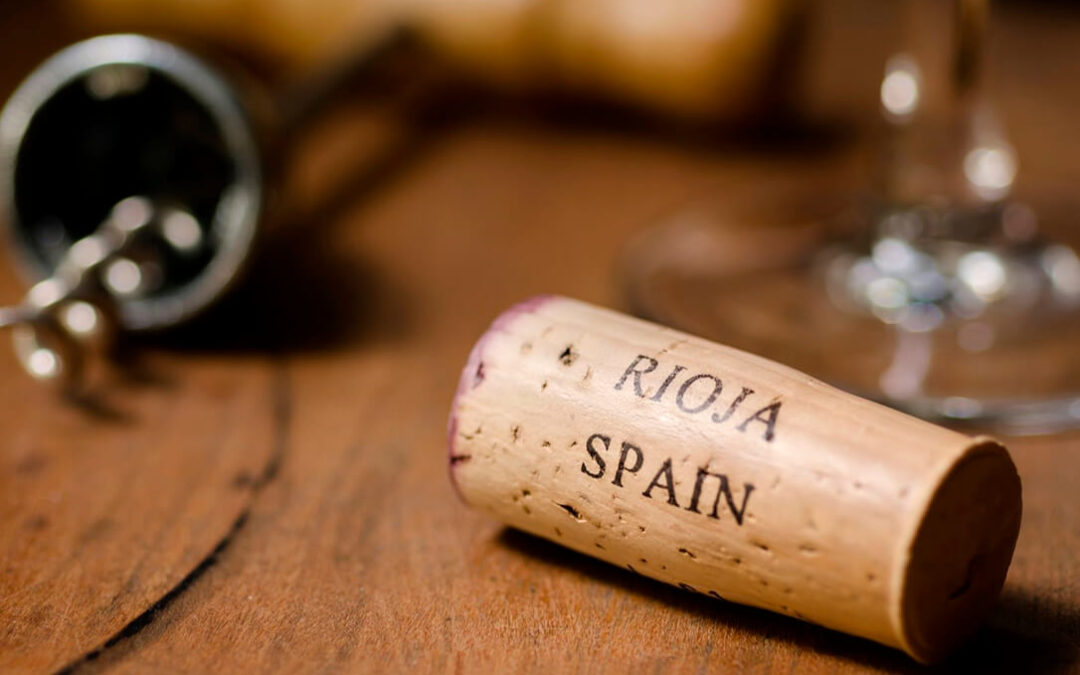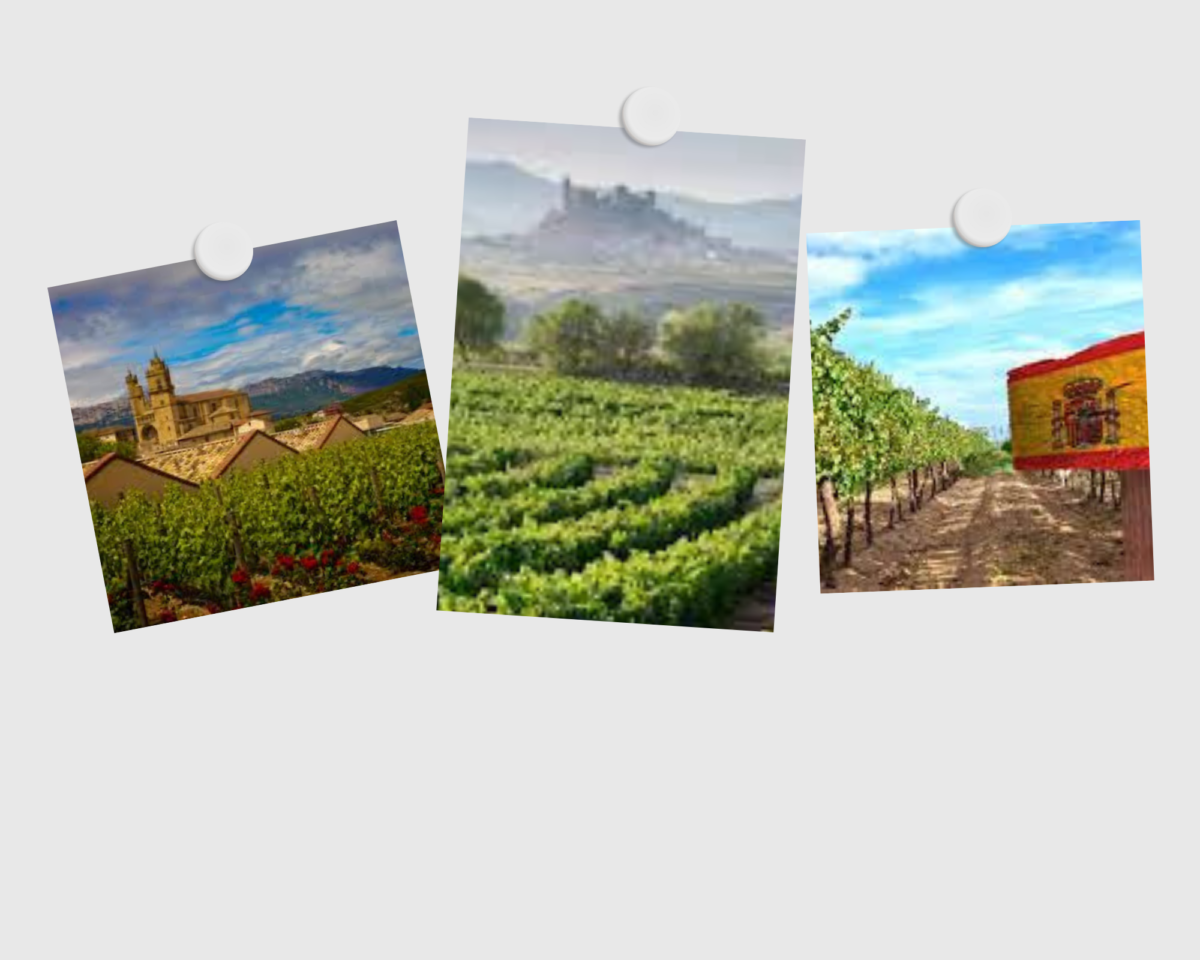Juan García-Gallardo, Vice President of Junta de Castilla y León opened the Duero Wine Fest 3rd Edition this week in the beautiful Spanish Renaissance city of Salamanca.
He stated that wine is “one of the oils” of the economy of Castilla y León and the its importance.
“It is a fundamental part of the economy of Castilla y León, one of the oil and major sources of wealth, García-Gallardo states, highlighting that the turnover is almost one billion euros, provides 33,000 jobs, and contributes almost 4% of the Gross Domestic Product of Castilla y León.”
García-Gallardo also values the progress taken by the wineries from this region, highlighting that the Ribera del Duero denomination has overtaken Rioja. He further states: “We are going to continue supporting the 16 designations of origin so that they continue to grow in market share, so that they continue to have more facilities and so that they continue to conquer different markets.”
The Duero Wine Fest closed on Tuesday with over 400 attendees. Some key topics for the closing day included: the decline in wine consumption; the importance of the promotion of wine tourism, and the use of technology to reach consumers.
Wine tourism – Global Trends was the main topic of a presentation given by Gergely Szolnok, Professor of Market Research at Geisenheim University. He presented his studies which showed that 80 percent of tourists are not interested in visiting a winery, so wineries must “change their strategies and focus on that type of visitor, seeking to attract them.”
Some of the modifications he recommended include combining gastronomy with wine tourism, taking sustainability into account and adding more innovative aspects such as digital tours or facilitating access for caravan tourism, which is the new big thing!
He also highlighted the importance of the wineries themselves being well-managed, not only in their administrative, production, marketing or vineyard management, but also in terms of the clients and visitors they receive.
The importance of wine tourism was also discussed by Ignacio Gurría, who stated that wine tourism is “the spearhead of wine sales.” In his opinion, wine tourism can be an opportunity to improve consumption.
In his lecture, Impact of New Technologies on the Promotion and Marketing of Douro Wines, Ignacio Gurría, Executive Director of the working group of the Digitalisation and Wine Hub of the FEV (Digitalisation and Wine Markets),
shared his position on digitalization and wine markets and encouraged wineries to implement a digitalization strategy in their marketing program: “In technology you are never late, you arrive good or bad, that is the reality; it is not a question of time, but to do it well” he states.
For digitalization, he further urged wineries to have websites, to have their digital presence controlled, and he insisted on having good data: “Good data is valuable to the winery, which should be the objective.
The congress was promoted by the Department of Agriculture, Livestock and Rural Development of the Government of Castilla y León through the Agrarian Technological Institute, which has the objective is to position the Duero as one of the most important wine rivers in the world.
The main objective of the International “Duero Wine” Congress is to value the hydrographic basin of the Duero River as a unique territory, sustaining quality wines with different personalities, disparate flavors, to which are added the wines of Bierzo, endowed with its characteristic Atlantic nature, and the singularities of Sierra de Salamanca and Cebreros.
The Duero Wine Fest 2024 presentations can be seen on the congress’s YouTube channel:
https://www.youtube.com/@duerowinefest2024/videos





